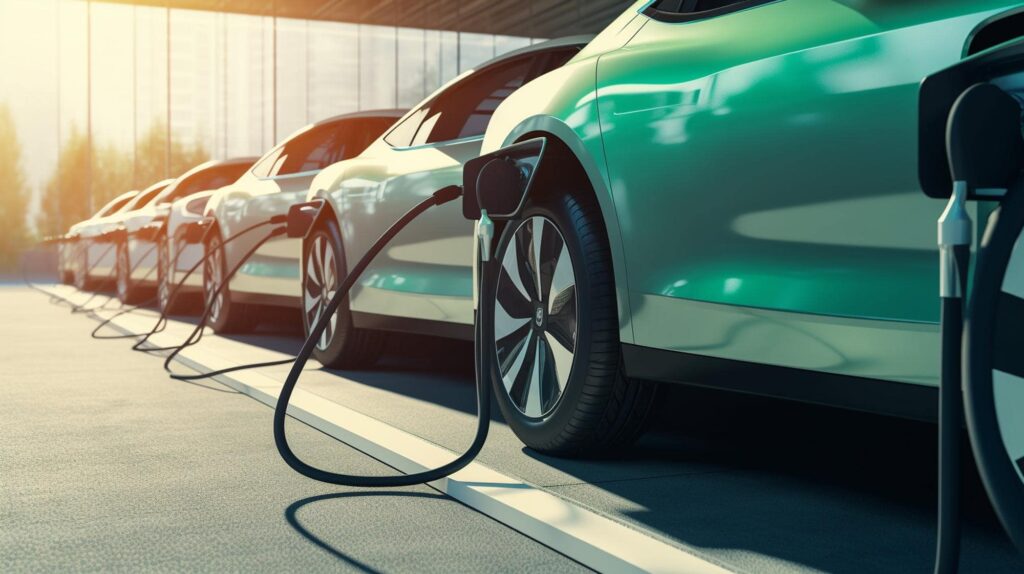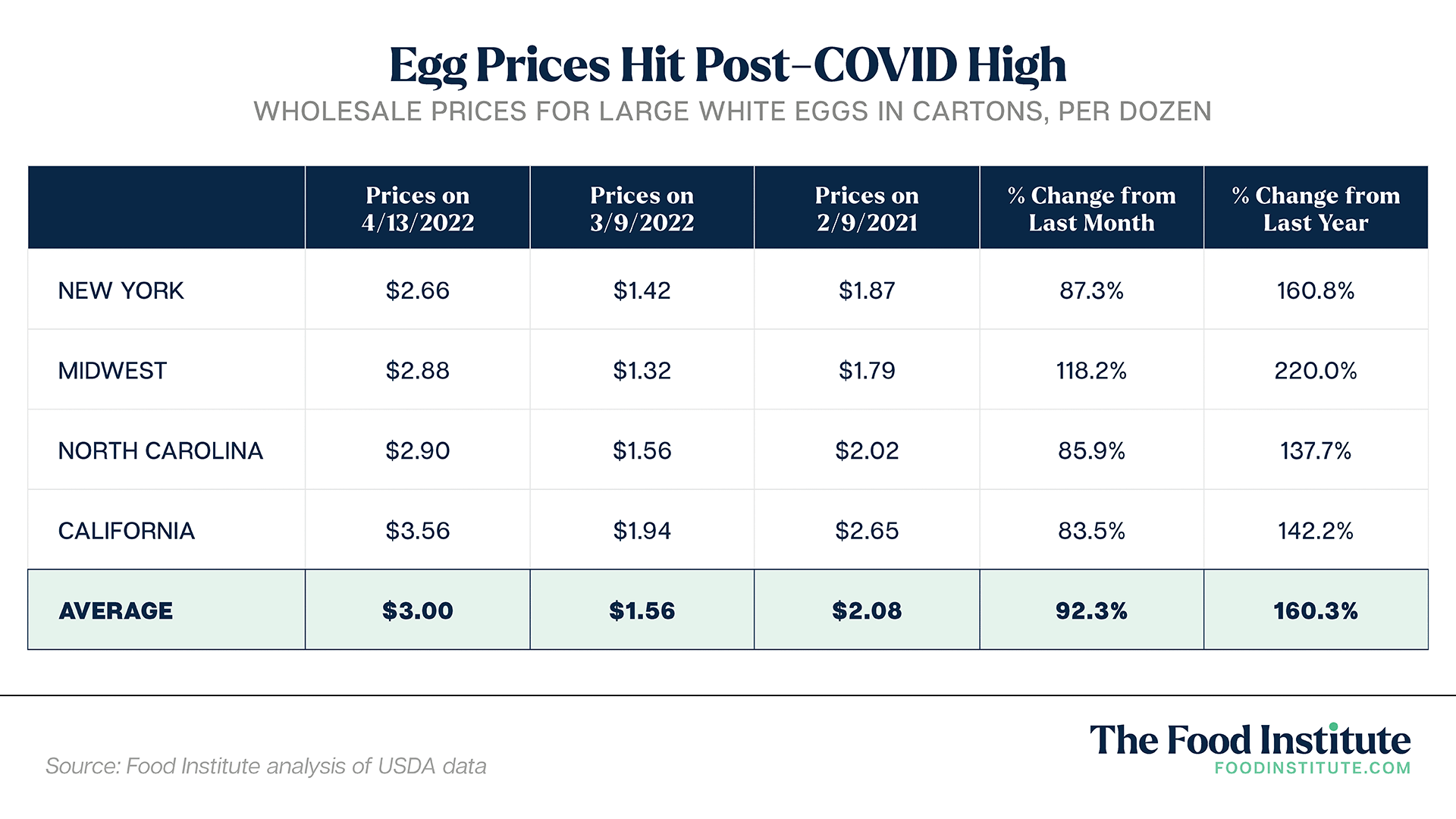Auto Dealers Intensify Opposition To Mandatory EV Sales

Table of Contents
Economic Concerns Fueling Dealer Resistance
Mandatory EV sales quotas are creating significant economic anxieties among auto dealers. The high upfront investment costs associated with transitioning to EVs are a primary concern, impacting dealer profitability and threatening the viability of existing dealership networks. These concerns are fueled by several key factors:
- High upfront investment costs for EV infrastructure: Dealerships require substantial investments in charging stations, specialized EV repair tools, and employee training to effectively sell and service electric vehicles. This represents a significant financial burden for many, particularly smaller dealerships.
- Reduced profit margins on EVs compared to gasoline vehicles: Currently, the profit margins on EVs are often lower than on gasoline-powered vehicles. This is due to various factors including higher manufacturing costs and potentially lower service revenue, squeezing dealer profitability and creating resistance to the mandated shift.
- Need for extensive employee retraining on EV technology and maintenance: The intricacies of EV technology require specialized knowledge for sales staff and mechanics. Dealerships face the significant cost and logistical challenge of retraining their workforce, adding to their overall transition costs.
- Challenges in managing EV inventory due to longer lead times and specialized parts: EVs often have longer lead times compared to gasoline cars, making inventory management more complex and challenging for dealerships. Additionally, sourcing specialized parts for EV repairs can prove more difficult and time-consuming.
- Uncertainty about consumer demand and market saturation: The uncertainty surrounding future consumer demand for EVs and the potential for market saturation creates further economic risk for dealers facing mandatory sales quotas.
Auto dealers argue that the economic burdens imposed by mandatory EV sales quotas far outweigh the potential benefits, leading to concerns about the long-term sustainability of many dealerships. The lack of sufficient consumer demand and the relatively higher upfront costs of EVs compared to their gasoline counterparts exacerbate these economic anxieties.
Concerns about Consumer Readiness and Market Infrastructure
Beyond economic factors, auto dealers also highlight concerns regarding consumer readiness and the inadequacy of the supporting market infrastructure for widespread EV adoption. These concerns significantly impact their willingness to embrace mandatory EV sales.
- Insufficient public charging infrastructure in many regions: The lack of a widespread and reliable public charging network remains a significant barrier to EV adoption. Range anxiety, the fear of running out of charge before reaching a charging station, continues to deter many potential EV buyers.
- Range anxiety and charging time remain significant barriers for consumers: While battery technology is improving, range anxiety and relatively longer charging times compared to refueling gasoline vehicles remain crucial factors affecting consumer acceptance.
- Concerns about the reliability and capacity of the electricity grid: The increased demand for electricity resulting from widespread EV adoption raises concerns about the capacity and reliability of the existing electricity grid infrastructure. Potential grid instability and blackouts could further dampen consumer enthusiasm.
- Lack of consumer awareness and understanding of EV technology: Many consumers still lack a clear understanding of EV technology, charging processes, and maintenance requirements. This lack of awareness necessitates increased consumer education to foster wider acceptance.
Dealerships rightly point out that the success of mandatory EV sales mandates relies heavily on addressing these infrastructure and consumer readiness concerns. Without substantial improvements, dealers fear being saddled with unsold EV inventory and facing significant financial losses.
The Role of Government Incentives and Support
Recognizing the challenges, auto dealers are advocating for increased government support to facilitate a smoother transition to electric vehicles. They argue that without sufficient incentives and support, mandatory EV sales quotas will prove unsustainable and detrimental to the industry.
- Calls for increased government incentives to support both consumers and dealerships: Dealerships call for expanded government subsidies, tax credits, and other financial incentives to increase consumer demand for EVs and alleviate the financial burden on dealerships.
- Demand for targeted support programs to ease the transition to EV sales: Dealerships suggest the implementation of specific programs designed to assist with infrastructure upgrades, employee training, and inventory management, supporting their adaptation to the changing market.
- Emphasis on investments in public charging infrastructure as a crucial step: Dealerships rightly stress the crucial need for robust and reliable public charging infrastructure investment as a cornerstone of successful EV adoption.
Dealers acknowledge the necessity of transitioning to EVs, but they believe that sufficient government support is paramount to mitigate the economic risks and ensure a successful transition for the entire industry.
Potential Impacts of the Ongoing Opposition
The ongoing opposition from auto dealers could have significant repercussions for the timeline and effectiveness of EV adoption strategies globally.
- Potential delays in achieving national EV sales targets: The strong resistance from dealers could lead to significant delays in achieving ambitious national EV sales targets set by many governments.
- Increased political lobbying and potential legal challenges to mandatory sales quotas: Dealers' opposition is likely to result in increased political lobbying and potential legal challenges aimed at delaying or modifying mandatory EV sales quotas.
- The need for collaboration between government, automakers, and dealers to find a workable solution: Overcoming this resistance requires effective collaboration between governments, automakers, and dealerships to find realistic and sustainable solutions that address the concerns of all stakeholders.
The strong opposition from auto dealers underscores the complexity of the transition to electric vehicles and highlights the need for a more collaborative and comprehensive approach that considers the needs and challenges faced by all players in the automotive industry.
Conclusion
The intensifying opposition from auto dealers to mandatory EV sales demonstrates the significant challenges inherent in transitioning to electric mobility. Addressing the economic concerns of dealers, improving consumer readiness, and developing comprehensive charging infrastructure are essential for a successful and equitable transition. Increased government support, collaborative efforts between all stakeholders, and a realistic assessment of the challenges are crucial for navigating this pivotal moment in the automotive industry. Finding a balance between environmental targets and economic realities is paramount to overcoming resistance and accelerating the adoption of mandatory EV sales, paving the way for a sustainable future for the automotive sector. We need proactive measures to address the concerns surrounding mandatory EV sales and ensure a fair and effective transition for all.

Featured Posts
-
 Rogue One Prequel Andor Cast Offers Behind The Scenes Glimpse At Final Season
May 15, 2025
Rogue One Prequel Andor Cast Offers Behind The Scenes Glimpse At Final Season
May 15, 2025 -
 Amber Heards Twins The Elon Musk Fatherhood Controversy
May 15, 2025
Amber Heards Twins The Elon Musk Fatherhood Controversy
May 15, 2025 -
 Ovechkin Oboshel Grettski I Leme Po Golam V Pley Off
May 15, 2025
Ovechkin Oboshel Grettski I Leme Po Golam V Pley Off
May 15, 2025 -
 Predicting The San Jose Earthquakes Quakes Epicenter Preview And Analysis
May 15, 2025
Predicting The San Jose Earthquakes Quakes Epicenter Preview And Analysis
May 15, 2025 -
 Egg Prices Plummet Dozen Now 5 After Record Highs
May 15, 2025
Egg Prices Plummet Dozen Now 5 After Record Highs
May 15, 2025
